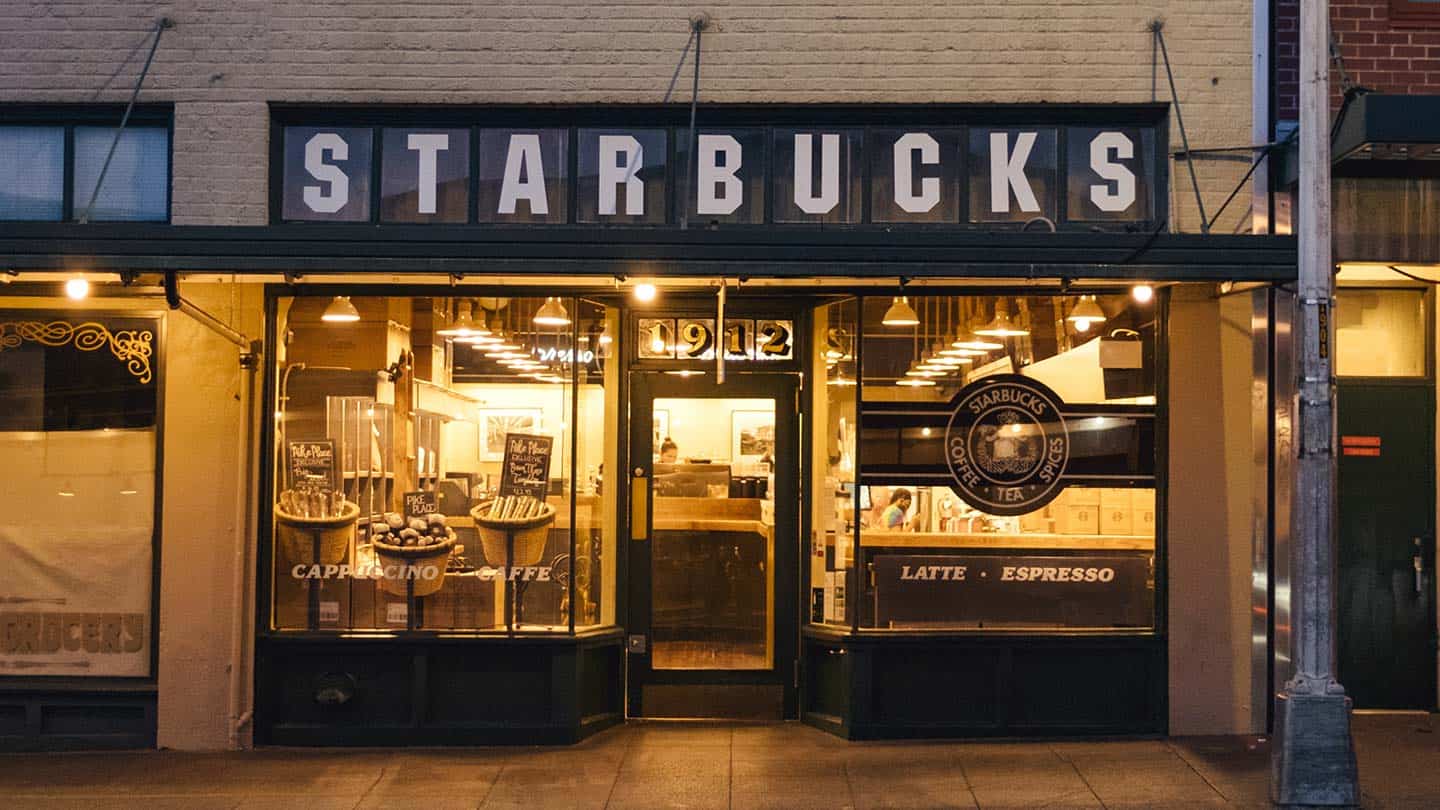Starbucks reported its fiscal fourth-quarter earnings results on Thursday after market close as the coffee giant navigates higher prices, ongoing unionization efforts, COVID-19 lockdowns in China, and more.
Here’s what the Seattle-based company reported, compared to Wall Street estimates, according to Bloomberg:
- Revenue: $8.4 billion versus $8.31 billion expected
- Adj. earnings per share (EPS): $0.81 versus $0.72 expected
- U.S. Same Store Sales: 11% versus 7.78% expected
- International Sales: –5.0% versus -8.23% expected
- China Sales: -16% versus -21.70% expected
Revenue year-over-year came in 3% higher, despite a 3% adverse impact from foreign currency translation with a record $8.4 billion. Wall Street expected to see an estimated 2% increase in revenue year-over-year, according to Bloomberg.
In the U.S., comparable sales jumped by 11%, primarily driven by a 10% increase in average ticket size and 1% increase in comparable transactions.
Meanwhile, the 90-day active members in the U.S. Starbucks Rewards loyalty program rose to 28.7 million, up 16% compared to a year ago.
This comes as Interim CEO Howard Schultz maintains his confidence that the company is positioned to fare well despite recession fears. Per the company’s fiscal third-quarter report, the company shared it raised prices by about 5% over the past 12 months.
“We saw accelerating demand for Starbucks coffee around the world in Q4 and throughout the year,” said Howard Schultz, interim chief executive officer, in the release. “And our Q4 results demonstrate early evidence of the success of our U.S. Reinvention investments. Reinvention will touch, and elevate, every aspect of our Starbucks partner, customer and store experiences, and ideally position Starbucks to deliver accelerated, sustainable, long-term, profitable growth and value creation beginning in 2023,” Schultz added.
Wall Street also kept a close eye on the company’s overseas sales, particularly in China. There, sales decreased 16%, driven by a 17% decline in comparable transactions and a 1% decline in average ticket sales as the zero-COVID policy takes a toll on consumer spending.

